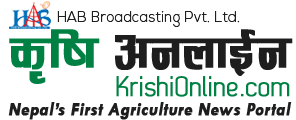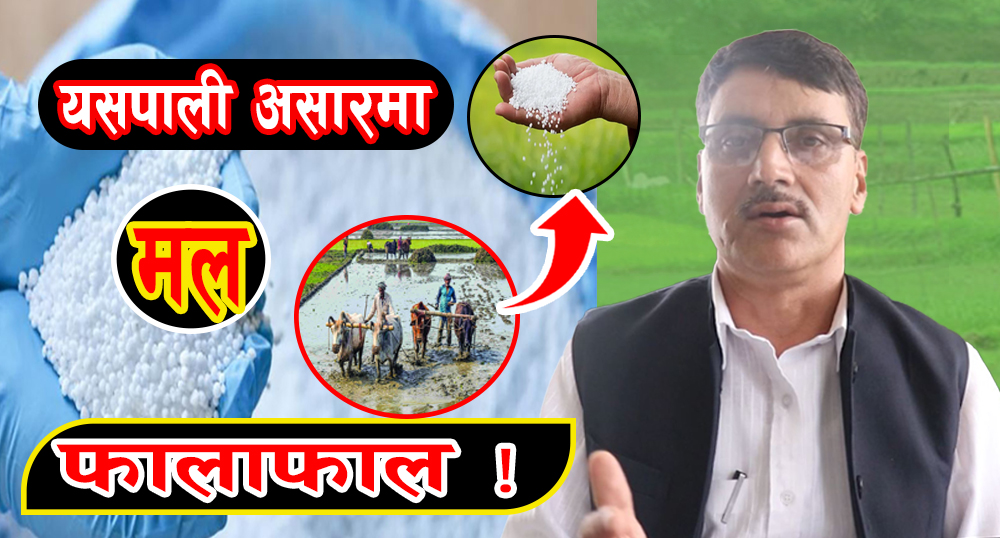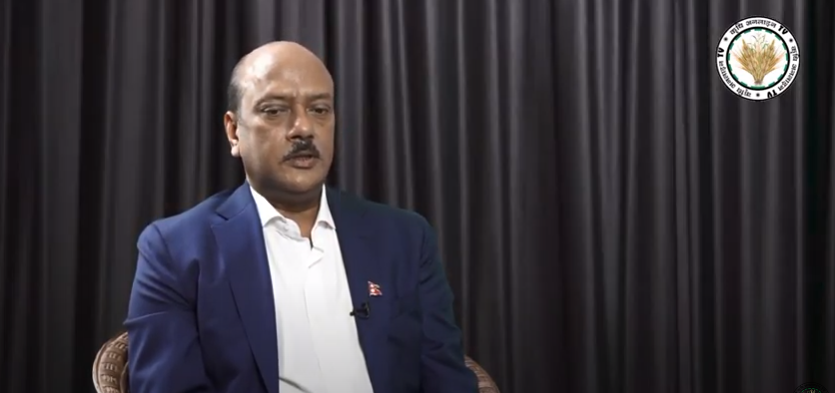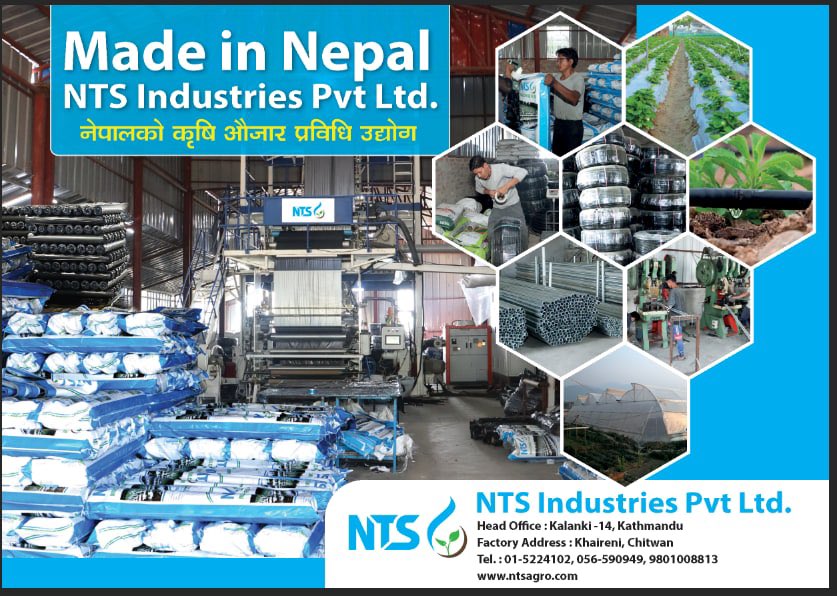
FAO adopted an international code of conduct for management of pesticides which has been revised for time. WHO and FAO adopted the revised code of conduct put fourth by participating countries with new definitions and some update to the context to improve their capacity and implementation of international code of conduct in their respective countries. Code of conduct about : Life cycle of pesticides, Production, distribution and use, associated with various stakeholders and government pesticide regulators, industries, dealers, users and distributors who are entitled to follow the code of conduct. Dr. Piao YONGFAN, senior plant protection officer and the Secretary of APPPC, Food and Agriculture Organization of the United Nation, Regional office, came to Nepal to conduct the International conference Code of Conduct of Pesticide , jointly organized by Plant Protection Directorate and APPPC at Hotel Manaslu. Our senior correspondent Mr. Yogendra Pratap Shahi Interviewed him on the concern issue. Krishi weekly and krishionline.com decided to publish the edited version of the Interview. 0 Are you going to review the code of conduct after this conference ? No, not going to review it but there will be some upgrades in its context that the participating countries will have to follow after the conference. To look at the highlights and upgrades of the upgraded code of conduct. Train the country stakeholders as the master trainers and also try to promote implementation capacity of each country to reduce pesticide risks. 0 In Nepal following your guideline ? Nepal is one of the countries to implement IPM in past 15 years. FAO has been supporting Nepal in it. Nepal has achieved a lot in pesticide use reduction. 0 How do you address this new phenomenal concept in the context of Nepal ? Nepal is a part of the Rotterdam convention which is a treaty on pesticide management and informs the consensus on highly hazardous chemicals including pesticides. Experts and ministry of Nepal has some potential issues managing highly hazardous pesticides. Despite of ban on pesticide use, there are still many things left to do to control it completely. It is a voluntary standard in the context of national regulation. 0 There is a new concept about organic pesticides so, what’s the difference between organic and chemical pesticides? We’re not talking about the new pesticides. Actually we’re talking about the biological context. Pesticides cover all the aspects of control. Biological control supported by IPM research and farmer’s association, public and government sector. Nepal also promoted a lot about biological control. Some biological control materials, especially the pesticide management is quit popular in village. Quite a common practice in Thailand, Indonesia, Nepal and many other countries by the implementation of IMP programme. 0 What will be the achievement of the workshop ? To improve the capacity development in pesticide management as per the international code of conduct promoting biological control. If you do not reduce usage of chemical pesticides, it will be not only effect the environment but the entire system is subject to destruction. 0 What do you think the future of the bio-pesticides in Nepal ? It’s quite prosperous. Many developing countries have achieved pest control. FAO also encourages ‘Save and grow’ it’s a Sustainable Crop Production Intensification 0 How do you feel as an organizer of this workshop ? I have atleast 10 years experience working with plant protection Directorate of Nepal . So I am quite confident with the leadership of Ministry of Agriculture Development. 0 So, you are saying that the job of our Ministry of agriculture is satisfactory ? No, I am saying I am confident. They can achieve it. They are very active. We have a very good collaboration with the Nepal government. 0 Finally, what is your message to stakeholders ? It’s important for having partnership, collaboration and communication among different stakeholders because we’re in the same boat for achieving the sustainable environment, agricultural production, crop production. We should keep in mind how important the sustainable development crop production etc. These kind of workshops is very much important to gain sustainability in environment and agricultural development.- (- Dr. PIAO YONGFAN,senior plant protection officer and the Secretary- Asia Pacific Plant Protection Convention, Food and Agriculture organization of the United Natione Regional office ,Bangkok)






Add Comment